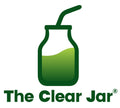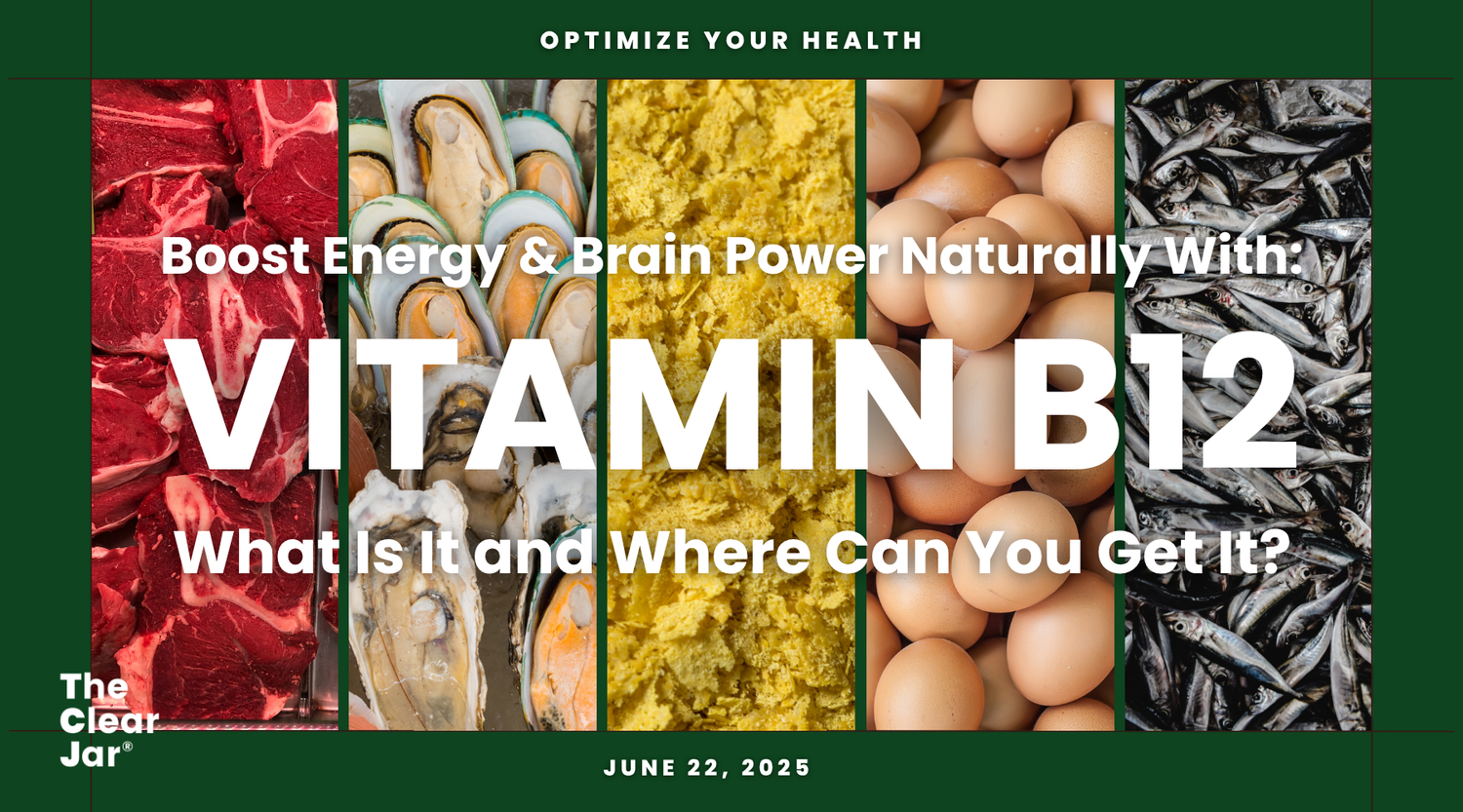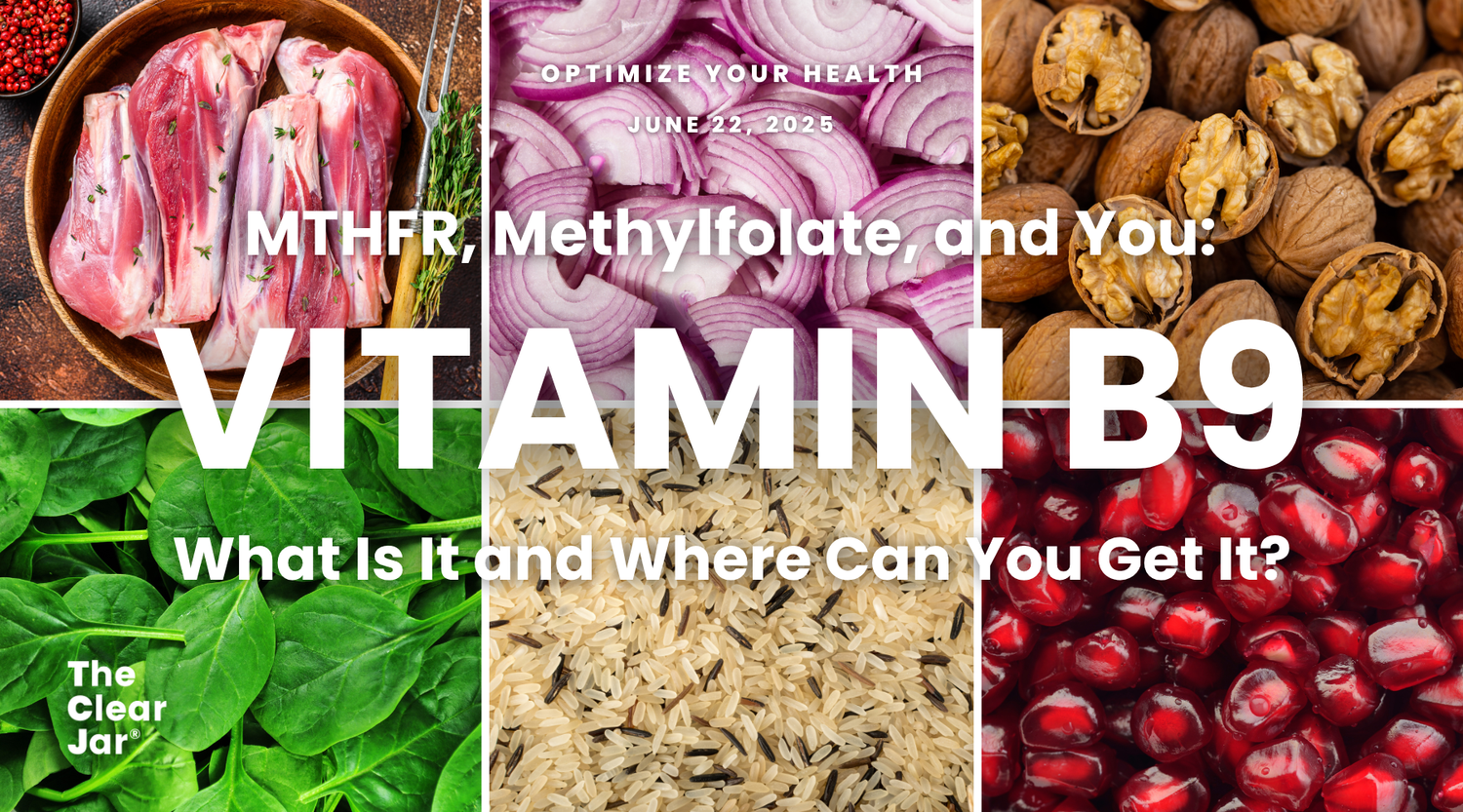Discover the essential role of copper in health, the best sources, and why food-born supplements like those from The Clear Jar are a great choice.
Content Outline
- What is copper?
- What is the function of copper in the human body?
- Copper: Which is the active form?
- Copper-rich foods
- Copper recipe: Nut and seed energy bars
- Copper supplements
- Why buy food-born vitamins?
What is copper?
What do you think of when someone talks about copper? Coins? Pipes? What about an important nutrient your body needs to stay healthy? Probably not, but it is. Copper is naturally present in some foods, as well as dietary supplements, and has many functions that help to keep your body functioning properly.
Copper is a trace element, which means it is only needed in small amounts and supports energy production, iron metabolism, and the normal formation of red blood cells. It’s also critical to make connective tissues and blood vessels, as well as supporting immunity1. Although deficiency is rare, not getting enough copper in your diet can lead to serious health issues. So, understanding copper’s vital roles will ensure you’re getting enough of this mineral from healthy, rich sources.
What is the function of copper in the human body?
Copper performs several important functions in the human body, from supporting cellular energy production to acting as a cofactor for enzymes responsible for iron metabolism. Let’s explore some of the crucial roles copper plays to keep you functioning at your best:
-
Energy production: Copper is a component of cytochrome C oxidase, an enzyme found in the mitochondria, also known as the powerhouse of cells. It is involved in the final step of the electron transport chain, a process that produces ATP, the main source of energy for your cells2.
-
Iron metabolism: Copper is involved in iron absorption, mobilization, and utilization. It is important for oxidizing Fe2+ into Fe3+, a necessary step for the absorption and use of iron in the body3.
-
Immunity: Copper supports immune system function by participating in the development and differentiation of immune cells and by providing antifungal agents, protecting your body from pathogens4.
-
Collagen synthesis: Copper is important for collagen formation, an important structural protein in hair, skin, nails, and connective tissue. Research suggests that copper can promote healthier and stronger collagen.
-
Brain function and nervous system health: Copper helps to maintain homeostasis in the brain5. It is also involved in the production of key neurotransmitters, including dopamine and epinephrine, and modulates neurotransmitter receptors. Some research suggests that abnormal copper levels may contribute to neurodegenerative disease6.
Copper: Which is the active form?
Copper is most commonly found in biological systems in its cupric form, or Cu++ 7. Copper isn’t stored in significant amounts in the body, with 30% to 50% being absorbed in the small intestine, and even smaller amounts are absorbed in the stomach. It is then taken up by the liver and stored within the liver cells, where it is either excreted in bile or secreted into plasma.
Between 60% to 90% of the copper found in the blood circulates in the form of ceruloplasmin8. Ceruloplasmin is a copper-containing protein that transports copper around the bloodstream and is also involved in iron oxidation.
Copper-rich foods
Although copper is only required in small amounts, it can easily be acquired from a variety of foods in the diet. Some of the best sources include nuts, seeds, and shellfish. By eating a balanced diet, you can ensure you’re getting enough of this vital trace mineral to meet your body’s needs. Here are some of the best copper-rich food sources:
Copper recipe: Nut and seed energy bars
These energy bars are made with a combination of copper-rich nuts and seeds, such as cashews, almonds, and sunflower seeds, and provide a nutritious yet satisfying snack.
Ingredients:
-
150g raw cashews
-
75g almonds
-
75g sunflower seeds
-
30g chia seeds (optional for extra nutrients)
-
60g unsweetened nut butter (peanut or almond butter)
-
60g honey or maple syrup
-
60g dried fruit (raisins, cranberries, or apricots, chopped)
-
2.5ml vanilla extract
-
Pinch of sea salt
Method:
-
Roughly chop the cashews and almonds or use a food processor to grind them to your preferred consistency.
-
In a small saucepan, gently heat the nut butter and honey or maple syrup over a low heat, continuously stirring until melted and well combined. Then, stir in the vanilla extract.
-
In a large mixing bowl, combine the mixed chopped nuts, sunflower seeds, chia seeds and dried fruit.
-
Pour over the warm nut butter and honey/maple syrup mixture. Stir everything together with a wooden spoon until well combined, ensuring the mix is sticky enough to hold together.
-
Line a small baking dish with greaseproof paper. Press the mixture evenly into the tray.
-
Place the pan in the fridge for 2 hours to allow the bars to firm up.
-
Once set, cut into squares or rectangles. Store in an air-tight container in the fridge for up to one week.
These delicious snack bars are great for when you’re on the go and are the perfect way to top up your copper intake.
Copper supplements
Despite copper being available from many foods, some groups may benefit from supplementation, such as:
-
People with malabsorption issues: Conditions that impact how your body absorbs nutrients, like Crohn’s or celiac disease, can affect copper absorption. These individuals may benefit from copper supplements to compensate for decreased absorption from food.
-
Older adults: As you get older, your body’s ability to absorb nutrients from food declines. So, older adults may be at a greater risk of copper deficiency because of dietary changes, medications, or reduced digestion.
-
People with anaemia: Copper supplements may be beneficial for some types of anaemia, especially if it is caused by copper deficiency.
Several types of copper supplements are available, each with varying bioavailability and potential uses. Here are some of the most common supplements:
-
Copper gluconate: One of the most common copper supplements available, copper gluconate is well-tolerated and easily absorbed. It’s often included in multivitamins.
-
Copper sulfate: A potent supplement that is usually given in higher doses or for more targeted treatment within healthcare. It can be harder to tolerate because of its impact on digestion.
-
Copper chelate: Copper molecules that are bound to amino acids, such as glycine or other chelating agents, to improve absorption and bioavailability.
-
Copper chloride: A highly soluble form of copper that’s less commonly used in supplements, but can be found in some formulations.
-
Copper citrate: Another bioavailable form of copper that’s combined with citric acid. It’s readily absorbed and usually easier on the digestive system.
Which is the best copper supplement?
The best copper supplement for you will depend on your specific needs and preferences. For example, copper gluconate is one of the most commonly available forms, which is usually included in multivitamins. It’s also well-tolerated, causing minimal side effects and is easily absorbed.
However, if you prefer a more natural, copper supplement, you should choose a food-born type. These are naturally derived from foods, have a low toxicity, and have no added nasties.
[H2] Why buy food-born vitamins?
Copper is a vital trace mineral that’s important for maintaining your overall health. It supports cellular energy production, iron metabolism, and immunity, and contributes to the health of bones, connective tissues, and the nervous system. Ensuring that you have an adequate copper intake is crucial for optimal body function, and it can easily be obtained from foods like shellfish, nuts, seeds, and leafy greens. However, for those who struggle to meet their daily requirements, supplements can be a useful way to bridge the gap and support their long-term health.
When it comes to copper supplementation, choosing food-born types offers a natural and bioavailable option. The Clear Jar offers high-quality supplements that prioritize the use of food-based ingredients, ensuring you get the full benefits of copper alongside other crucial nutrients to support your overall wellness. By opting for food-born supplements, you’re choosing a holistic approach to your health, with products that are designed to work synergistically with your body’s natural processes.
Written by: Leanne Edermaniger MSc.







